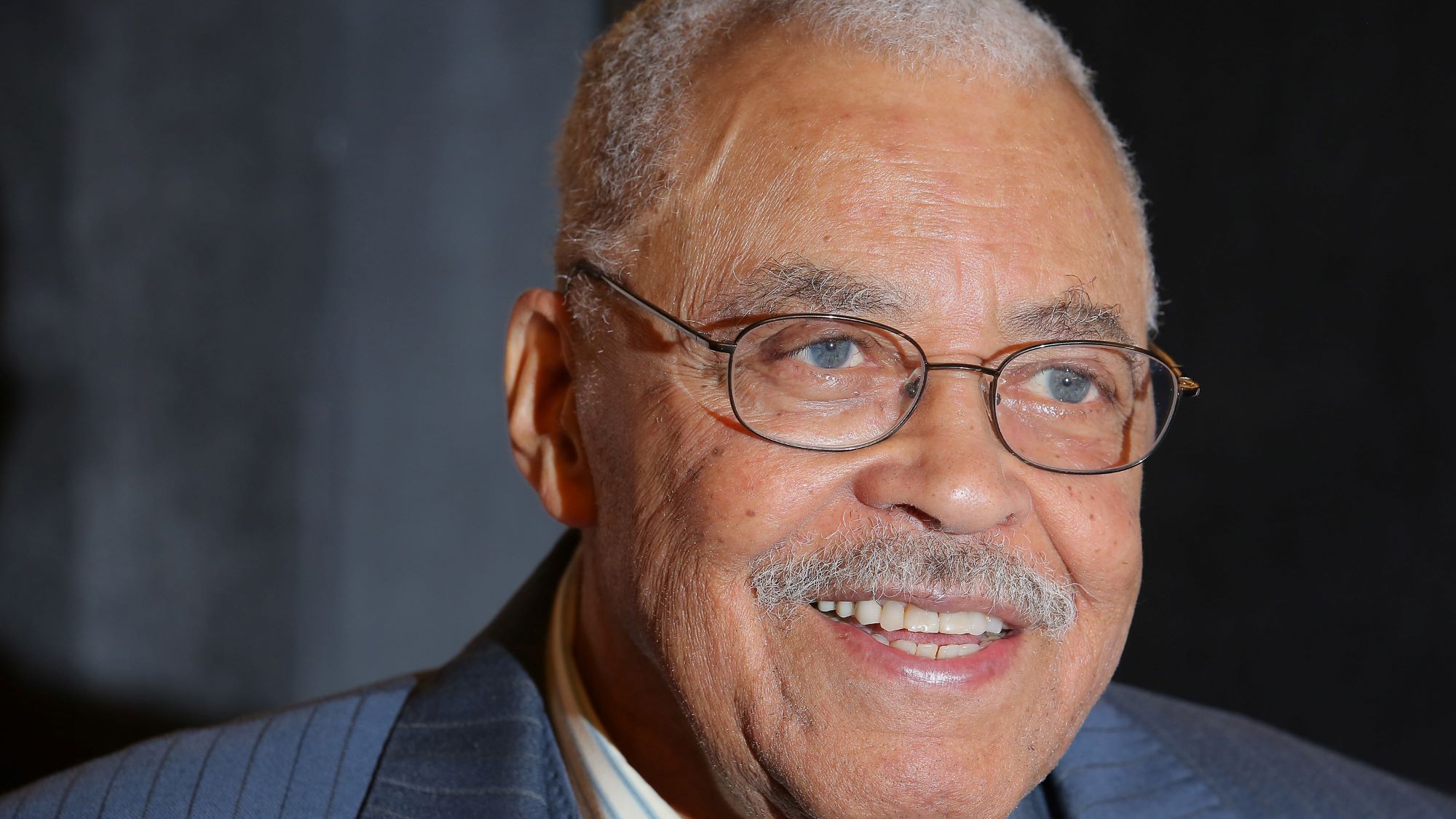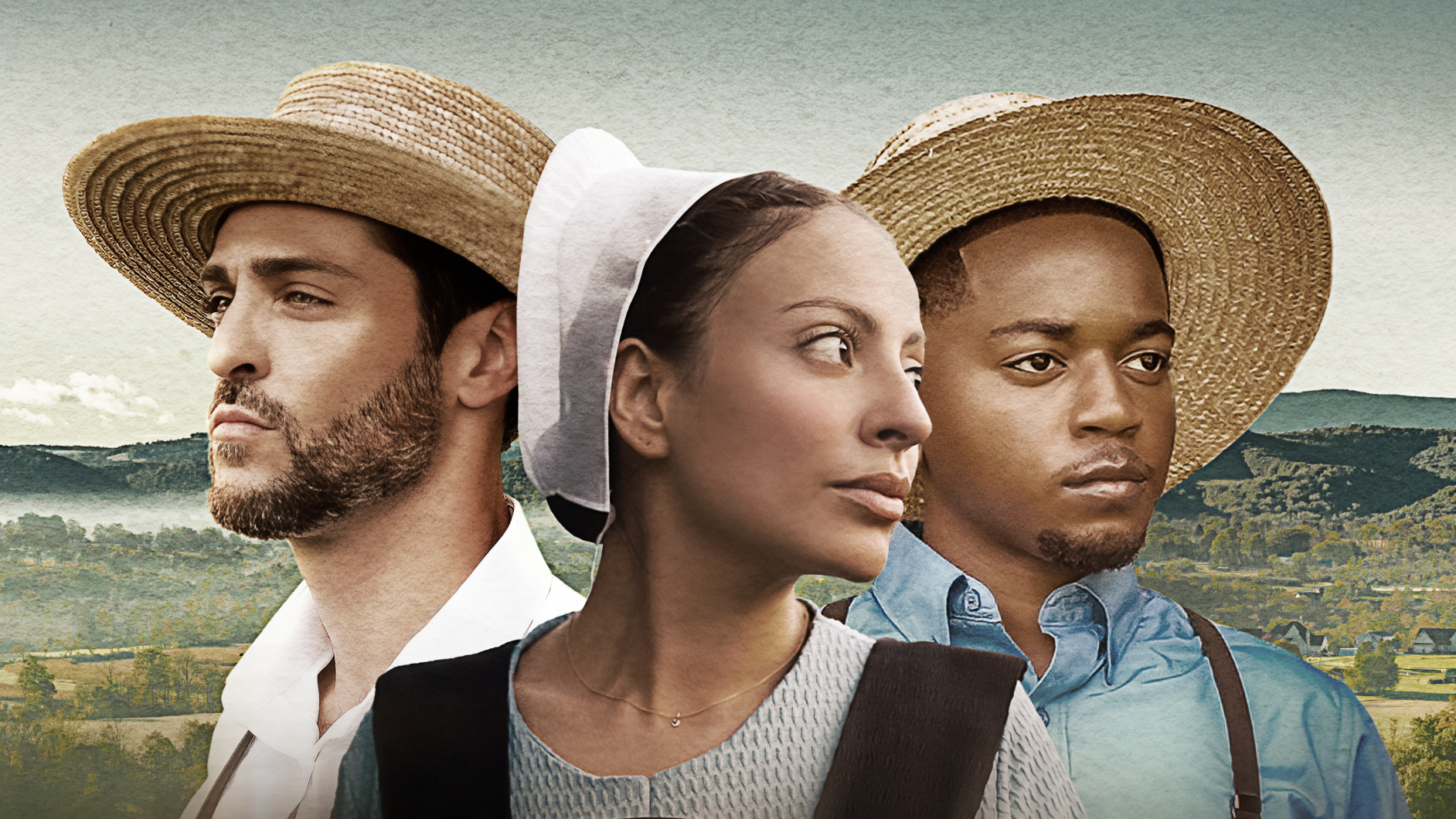James Earl Jones' incredible journey to discover the iconic voice that would become Darth Vader
Jones' overcame a speech impediment on his way to being an accomplished, legendary actor.

We lost one of the greats on Monday, September 9, as James Earl Jones passed away at the age of 93. Jones lent his voice to some of the most iconic characters and moments in movie and TV history. But one thing that has always stuck with me about Jones was what he overcame in becoming an instantly recognizable voice that meant so much to so many.
James Earl Jones grew up with a stutter. I first remember hearing about this in a behind the scenes documentary about the making of Star Wars (I can't remember definitively, but maybe Empire of Dreams: The Story of the Star Wars Trilogy), where he described himself as a kid from Mississippi with a speech impediment. Jones spoke more in detail about his stutter in an interview with PBS from 2014.
In the interview, PBS correspondent Jeffrey Brown details that Jones developed a stutter during his childhood, which would make it difficult to communicate. However, Jones said that there was a benefit to this as well. "Silence isn't bad," he told Brown. "It's good to listen, and I learned to listen."
A high school teacher helped Jones overcome his stutter by having him recite poetry in class, and that helped lead to his interest in acting. He eventually made his way to Broadway in the 1950s and would have his debut in a show called Sunrise at Campobello, where he had one line. However, Jones’ stutter re-emerged as he attempted to say the line — "Mrs. Roosevelt, supper is served," noting that "M" words can often be difficult for stutterers. Though he admitted that his stutter would remain in some capacity for the rest of his life, Jones said that was the last time it ever impacted his work as an actor.
We were all the benefit of that from his iconic deliveries of lines as Darth Vader (which he apparently recorded the dialogue for 1977's Star Wars in just two-and-a-half hours), as regal Mufasa in The Lion King (Jones is note slated to lend his voice to the upcoming movie Mufasa: The Lion King, as it's a prequel), narrating Edgar Allen Poe's The Raven in The Simpsons' first ever Treehouse of Horror episode or delivering the iconic monologue from Field of Dreams. In addition to these instantly recognizable roles, Jones also won an Emmy, two Tonys and a Grammy for performances throughout his career, as well as an honorary Oscar recognizing his overall work, making him an EGOT winner.
But among all those roles, he said in the PBS interview that he has a special place in his heart for characters that he has played that struggle with language like he has, those that some may call "inarticulate." For example, Hoke in Driving Miss Daisy, which he played on Broadway. "I like Hoke," Jones said. "Hoke invents a language of his own. He doesn't know how to use English like you or I do right now, but he has a way of talking that is quite poetic."
It's an incredible story for a man whose voice will forever echo in our ears. Rest in peace, James Earl Jones.
The latest updates, reviews and unmissable series to watch and more!

Michael Balderston is What to Watch’s assistant managing editor and lead movie writer, , writing movie reviews and highlighting new and classic movies on streaming services; he also covers a range of TV shows, including those in the Taylor Sheridan universe, Slow Horses, Only Murders in the Building, Jeopardy!, Saturday Night Live and more, as well as the best ways to watch some major US sporting events.
Based outside of Washington, D.C., Michael's previous experience includes writing for Awards Circuit, TV Technology and The Wrap.
Michael’s favorite movie of all time is Casablanca, while his favorite TV show is Seinfeld. Some 2025 favorites include Sinners, One of Them Days and Black Bag for movies, and The Pitt on TV. Follow on Michael Balderston on Letterboxd.

